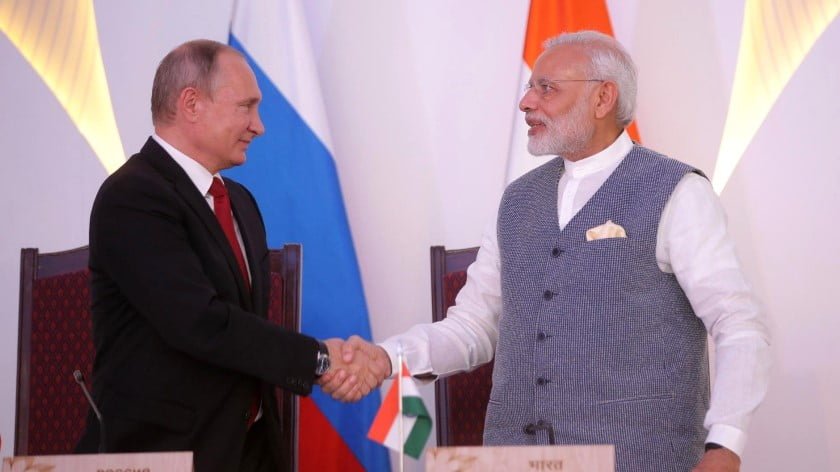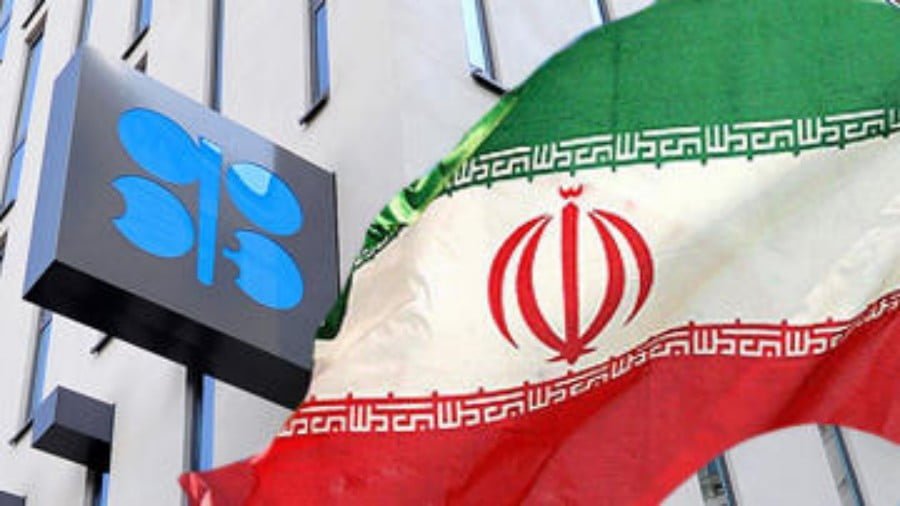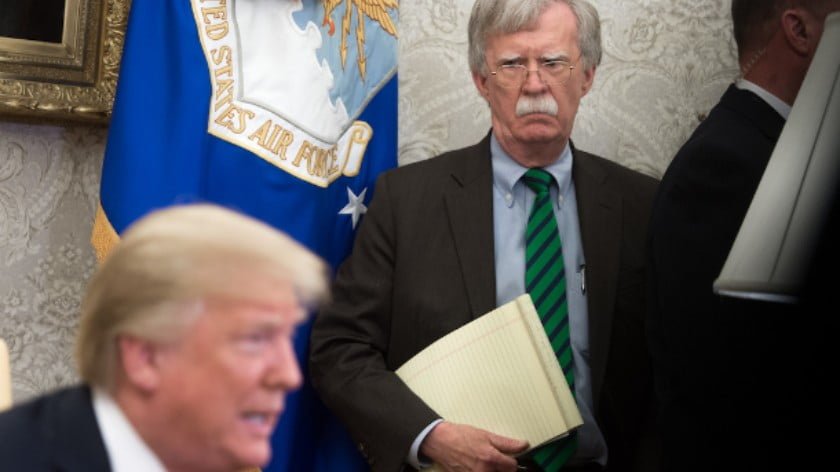Russia’s Using India to Cash In on the US’ Anti-Iranian Sanctions
India’s compliance with the US’ unilateral anti-Iranian sanctions has made it eager to cut more energy deals with Russia in response, which can’t help but please the Kremlin since it also adds a renewed impetus to New Delhi’s interest in investing in its partner’s underdeveloped Arctic and Far East regions.
The US and its GCC allies have been the primary beneficiaries of India’s compliance with the unilateral anti-Iranian sanctions after they increased their energy exports to the South Asian state in the aftermath of New Delhi’s decision, but few observers have noticed that Russia is also profiting from this as well despite its official stance of being opposed to these economic restrictions. India plans to import more LNG from Russia’s Arctic region, and the possibility exists that it might invest more in the energy sphere in the Far East too, especially as an outcome of Modi’s meeting with Putin at the Eastern Economic Forum in Vladivostok later this week where he’s attending as the guest of honor. Not only that, but reliable resource imports from Russia might become the basis for the prospective Vladivostok-Chennai maritime corridor, which could then be expanded to include other products and eventually culminates in the further development of Russia’s most far-flung but strategically located regions.
Russia is therefore using India to cash in on the US’ anti-Iranian sanctions, but interestingly enough, Iran doesn’t seem to mind. In fact, its Foreign Minister told his Russian counterpart earlier this week that “relations are at their highest level over the past decades” in spite of Moscow “passively facilitating” hundreds of bombing raids by “Israel” against Iranian military forces and their allies in Syria over the past couple of years. It appears to be the case that Iran accepts the existence of strategic competition between itself and Russia in the “Mashriq” but doesn’t believe that this should interfere with their bilateral relations, which is also the unofficial position of Moscow too. That explains why Russia has renewed its interest in Chabahar — the terminal port of the North-South Transport Corridor (NSTC) to India — and committed to carrying out naval drills with Iran in the Afro-Asian (“Indian”) Ocean. In support of their future bilateral economic ties and multilateral ones if one includes India into this framework, Russia also plans to take steps to protect its trade interests with Iran.
It’s therefore becoming increasingly clear that Iran has no choice but to cooperate as closely as possible with Russia and India due to the tightening sanctions regime against it despite Moscow “balancing” it in the Mideast and New Delhi humiliating it over the past year. In addition, while Iran regularly espouses very tough rhetoric against “Israel”, it has no problem whatsoever working with the “Little Satan’s” main regional partners in Eastern Europe and South Asia. The Islamic Republic simply doesn’t have any other viable options for sanctions relief, and its leadership has apparently decided not to judge either of those two for their actions in anything having to do outside of the sphere of their direct bilateral relations even though it doesn’t apply this same standard towards Saudi Arabia’s not-so-secret ties with “Israel” and Riyadh’s proxy war against Tehran-affiliated elements in the wider region. While some might argue that Iran is compromising on its principles by doing so, the country itself doesn’t have any realistic alternative, therefore proving that realpolitik trumps rhetoric.
By Andrew Korybko
Source: Eurasia Future







